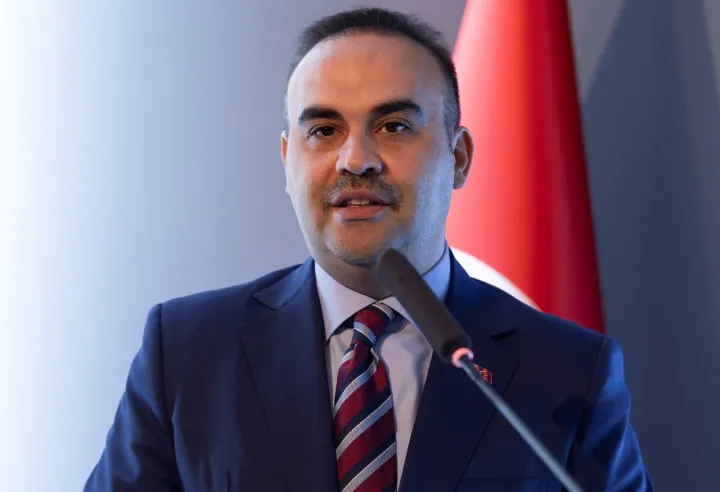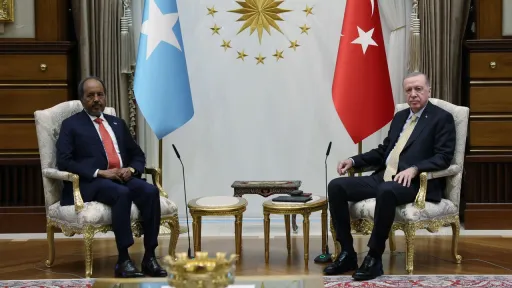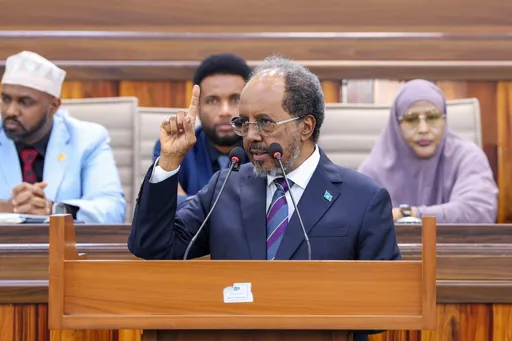The Doctors Without Borders (MSF) charity has warned it may suspend support to one of the last fully-functioning hospitals in war-torn Sudan if its workers are not given visas.
With only a quarter of the country's health care facilities still open after nearly four months of war, the charity said on Wednesday that it has been waiting "for more than eight weeks" for visas for its staff to be processed.
Other aid groups have also reported visa and other bureaucratic hurdles, and have sought urgent safe passage and access for their staff since the start of the conflict between army chief General Abdel Fattah al-Burhan and his former deputy Mohamed Hamdan Dagalo, who commands the paramilitary Rapid Support Forces.
"Without visas being urgently granted by the Sudanese authorities, Medecins Sans Frontieres (MSF) may soon be forced to withdraw our support to the main hospital in Khartoum," it said.
"The visas of many of the staff currently running the hospital are close to expiring," MSF said.
Support to ‘end soon’
"As a result, MSF's support to the Ministry of Health in the facility – which is one of the few hospitals in the whole of Khartoum that is providing round-the-clock care – will soon have to end."
The war has decimated the country's health infrastructure and killed more than 3,900 people, according to a conservative estimate from the Armed Conflict Location & Event Data Project.
"The MSF team who are currently present inside the hospital have worked tirelessly with our partners in the Ministry of Health for more than two months to keep the facility open," Claire Nicolet, MSF's emergency manager for Sudan, said.
The charity said it treated more than 3,800 patients, including over 200 children, in the Turkish Hospital between mid-June and the end of July.
Rising hunger
Sudan was one of the world's poorest countries even before the war erupted in mid-April and plunged it into further chaos and destitution.
The charity Save the Children on Tuesday warned the country is at risk of major disease outbreaks, with thousands of unburied corpses remaining out in the open and the country's health and sanitation infrastructure destroyed.
MSF noted that visas can only be collected in Port Sudan on the Red Sea, which has been spared the fighting but is difficult to reach from battle-scarred areas like the capital and the western Darfur region.
The country's rainy season began in June, adding to health challenges, and World Health Organization chief Tedros Adhanom Ghebreyesus said "more than 40% of the population of Sudan is now in hunger – double the number since May last year".
More than four million people have been internally displaced by the war or fled to neighbouring countries.
As they try to flee, "They are vulnerable to abuse, theft and harassment during their journeys to safer areas," the UN's humanitarian coordinator in Sudan, Clementine Nkweta-Salami, said in a statement.
"The parties to the conflict in Sudan must ensure the safe passage of civilians fleeing violence,” she said.
























